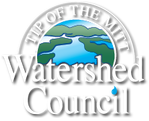Join Our Team
2024 Internship Opportunities
Recruitment, employment and promotion shall be solely on the basis of qualifications for a specific position. There shall be no discrimination for employment because of race, religion, sex, age, marital status, sexual preference, handicap, creed, national origin, or other factors in accordance with the provisions of the Civil Rights Act of 1977, prohibiting discriminatory practices, policies, and customs

